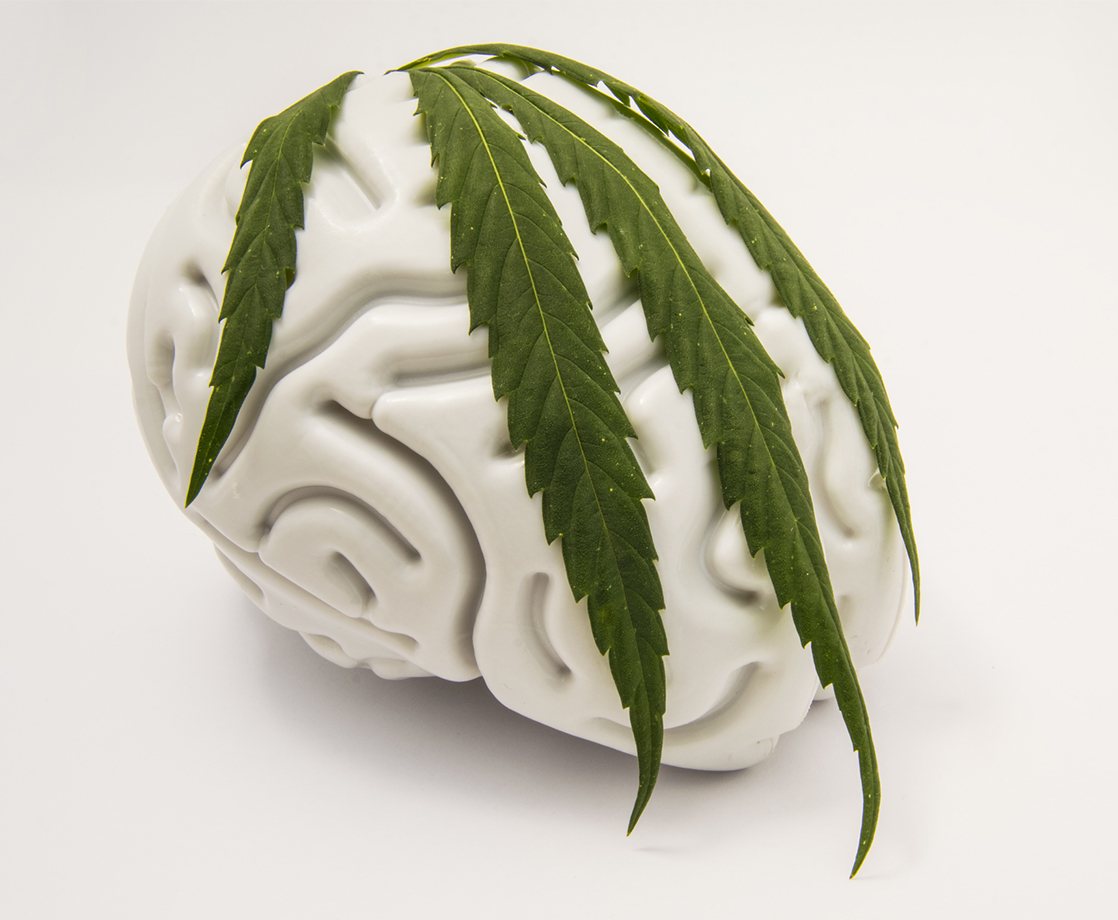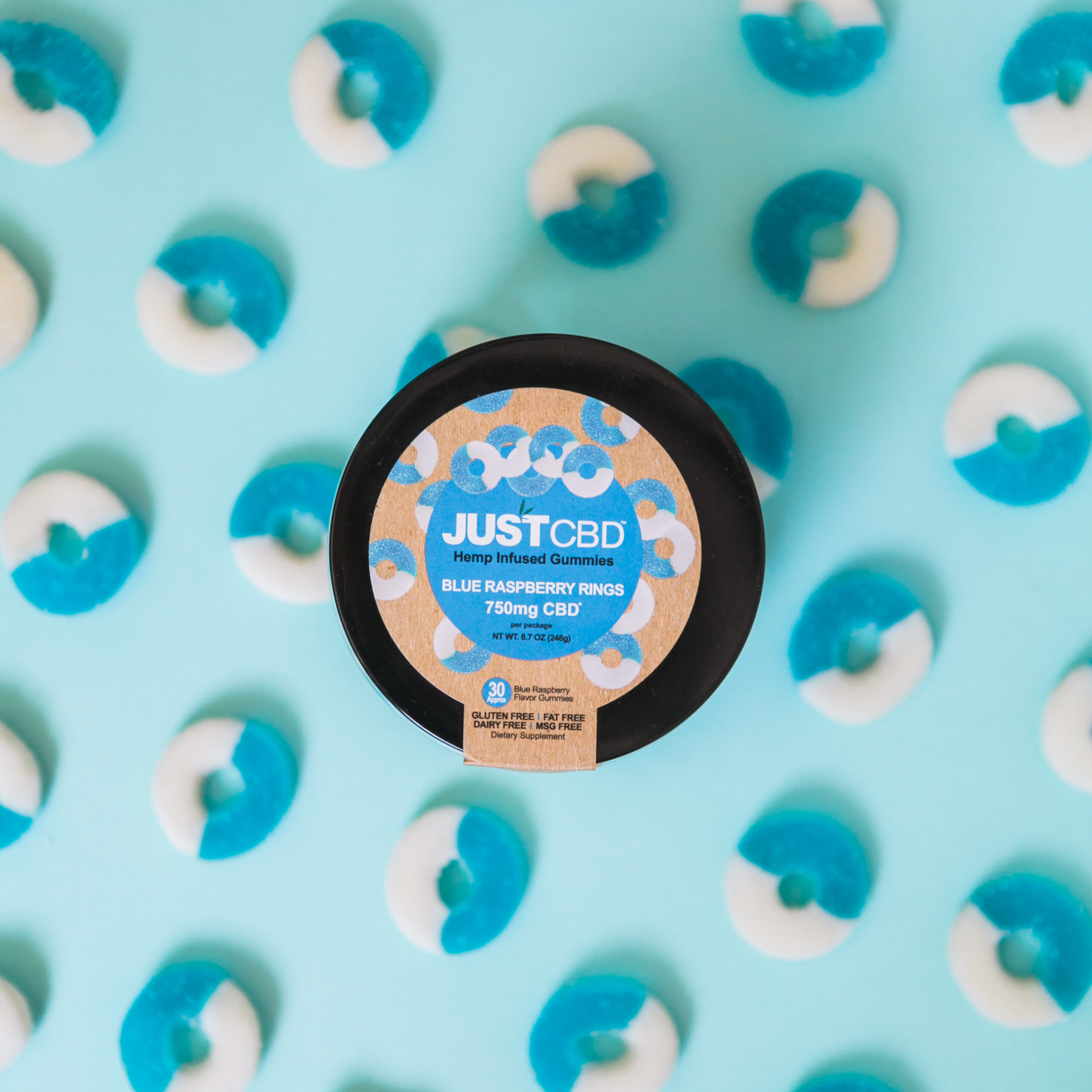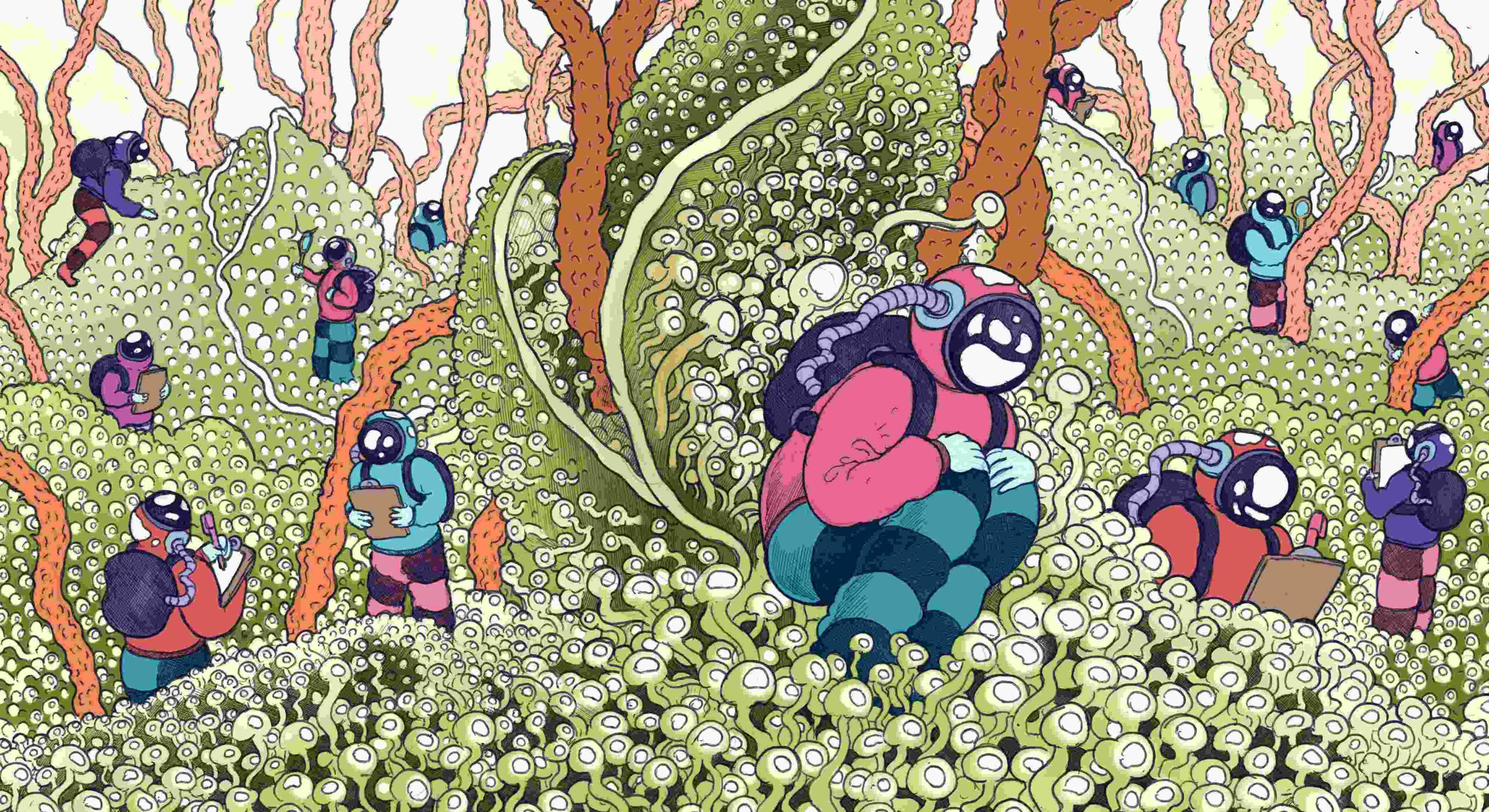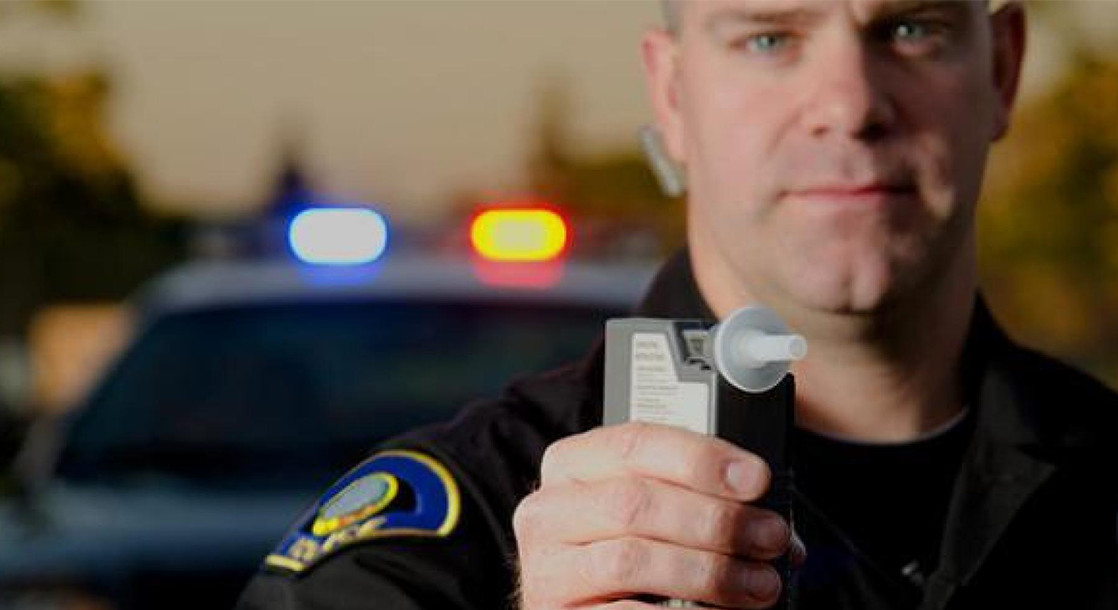Twenty years ago, in 1998, Dave* walked into a rehab center in New York City. He had survived a decade of addiction at that point. “I was using all kinds of drugs,” he told MERRY JANE over the phone. “But honestly, marijuana was really my mainstay. That was my first and only love out of all that. I think if I was ever really at a risk to relapse, it would be cannabis for sure.” It took a year of rehab, but Dave was eventually able to kick his habits.
It is never easy, really, to be a recovered marijuana addict, but the years 1999 through to the present would have been especially hard. Marijuana was having a moment: medical marijuana was being legalized across the United States, as well as in Canada. The sense that the War on Drugs had failed, at least as it related to marijuana, was entering the zeitgeist, and the plant’s medicinal properties were finally being recognized openly.
Through all of it, Dave took it one day at a time. For him, it’s the closest thing he has to a guiding principle. “One day at a time isn’t just a mantra or an encouragement,” he would write, on the 20th anniversary of his quitting. “It’s a concrete strategy… don’t quit for a lifetime, don’t quit for a month or a week. Just quit for today. Promise yourself that no matter how bad it gets, you simply won’t smoke today… Then, tomorrow morning, promise yourself again.”
He knows it’s a cliché, but what does that matter if it works? “I think a lot of people perceive the idea of ‘one day at a time’ as being this, you know, mantra. Like, ‘hang in there, man!’” he said. “It really isn’t that. It’s really a very practical system for making sure you stay focused in the moment.”
So Dave takes it one day at a time. He gets up, and tells himself he won’t smoke that day, and then the next day he tells himself the same thing. For twenty years, it has worked.
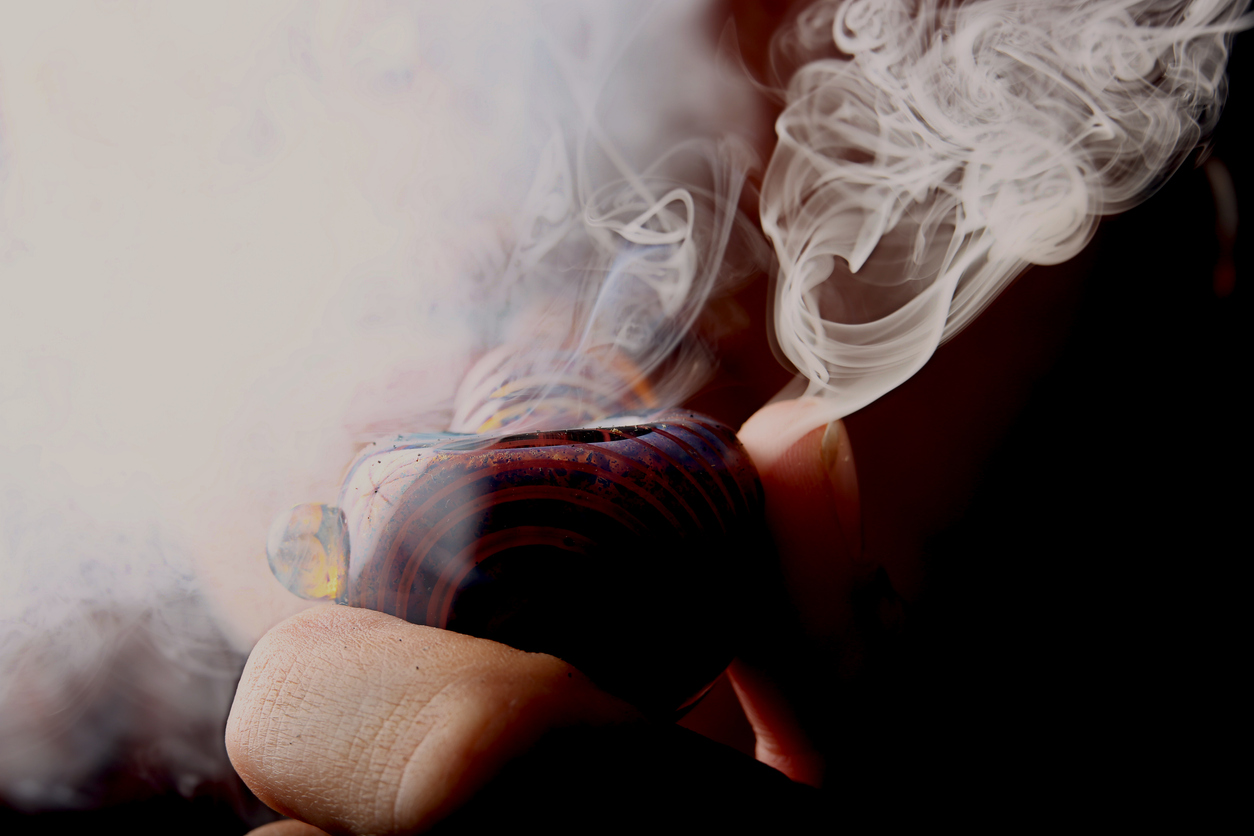
Cannabis addiction is not one that we often think of as being part of the traditional addiction canon. It is not like opioid addiction, or alcoholism, or a cigarette habit. As enthusiasts are fond of noting, cannabis kills nobody. As the cannabis industry writ large finds more and more ways to green up your life — CBD cocktails! On-the-go vape pens! Infused gummies! — and markets itself as an unalloyed good to be proliferated as widely as possible, the notion of cannabis addiction and the idea of quitting cannabis conceal themselves to some degree as unnecessary discussions. Cannabis is more often talked about as something to help fight more serious addictions than it is as something that itself can be addictive.
The idea that cannabis is not an addictive substance has long had some currency in the pot world. As jurisdictions trudged toward legalization, it would often get repeated. In 2010, for instance, the former U.S. Surgeon General Jocelyn Elders declared her support for legalization, saying that “marijuana is not addictive. Not physically addictive, anyways.”
Except that’s not true, insofar as the current medical research suggests that addiction is (to simplify a bit) not defined by physical dependency, but rather one’s inability to quit. It’s a mistruth that has real economic value. “Thousands of businesses, as well as local government earning tax money off of sales, are now literally invested in that lie,” writes Annie Lowrey, in a piece on marijuana addiction published The Atlantic.
There are some who quibble over semantics — whether to call it cannabis addiction or cannabis use disorder (the term that the Diagnostic and Statistical Manual of Mental Disorders, Fifth Edition, known as the DSM-5, uses). Doctors tend to use the latter term.
“Different addictions really differ less in terms of that kind of impulsive/compulsive use, and more in terms of the nature of the consequences, chemical and otherwise, related to using different substances,” Dr. Jonathan Bertram, an addiction specialist currently practicing at Toronto’s Centre for Addiction and Mental Health, told MERRY JANE. Addiction is not a one-size-fits-all label, and for that matter cannabis addiction is less well understood than others.
“A person can be severely addicted to opiates, severely addicted to alcohol, and for that matter, severely addicted to cannabis,” Dr. Bertram said. “Addiction to any substance is dictated less by those reactions, and less by the consequences that it creates in the moment, and more by the extent to which that person can make a decision to stop using, or to not use in that moment. That’s really more defining of addiction.”
But the question of marijuana addiction is a complicated one, in part because two people with identical use patterns can be having two wildly different experiences, and are able to manage their use completely differently. Two people could smoke pot every day — and nearly half of all Canadian cannabis users do — and one can struggle with the addiction while the other thrives. Complicating it further are the millions of medical cannabis users, who use cannabis every day. Does it qualify as addiction or dependence if ‘can’t stop’ isn’t a symptom, but actual medical advice?
A useful benchmark for addiction, rather, might be when a person’s relationship to marijuana becomes toxic, and compulsive. “When we say a person has an addiction, their ability to stop and say ‘I want to do this, and I am doing this with full intent in order to cope,’ and to do that in a way that’s really instantaneous… with addiction, that often doesn’t happen,” Dr. Bertram said. “They’re kind of impulsively, and in very severe late stages compulsively using, even through they don’t want to, and even when they make intentional decisions or commitments to try and stop, or to try and change.”
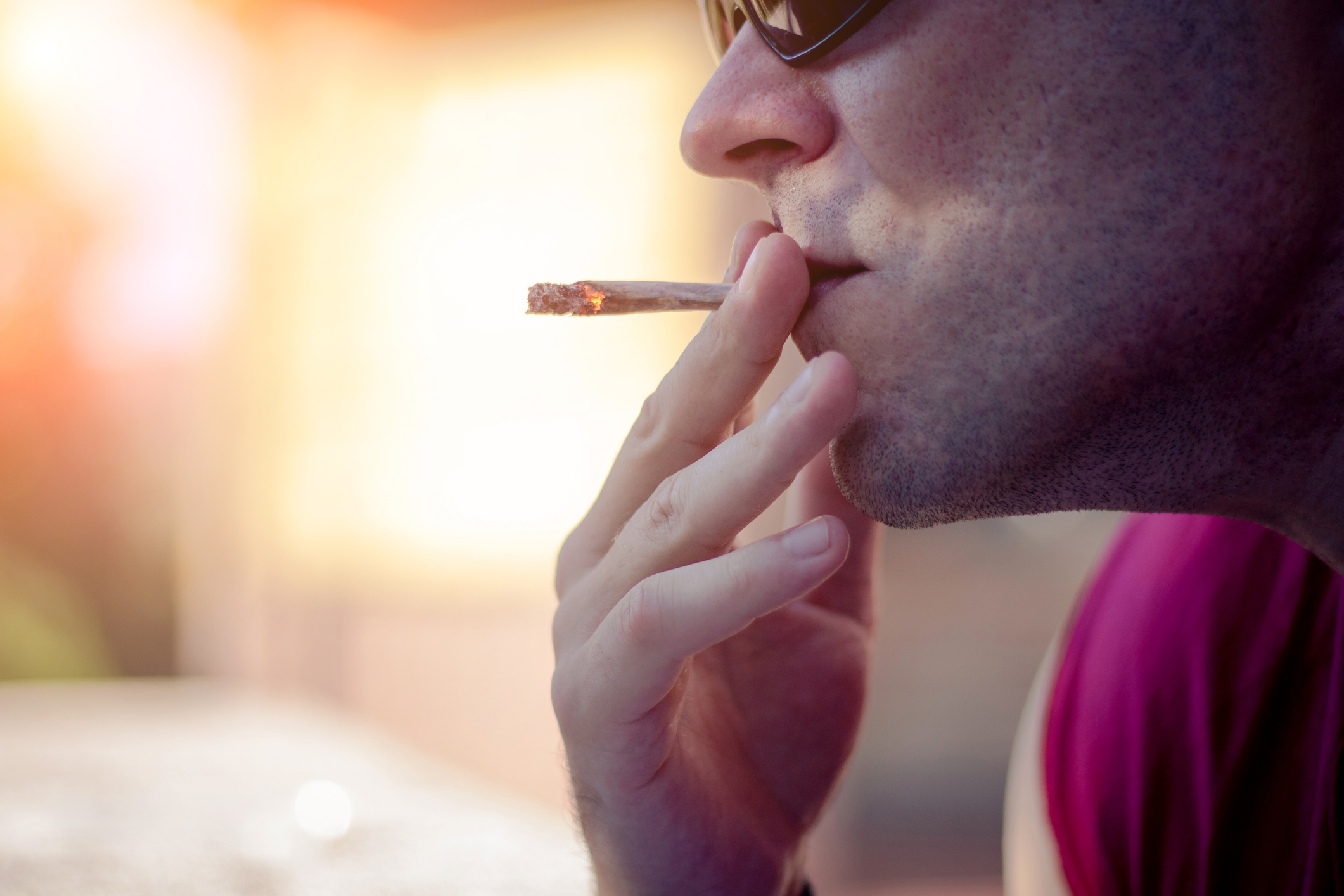
When Dave isn’t being Dave, Dave is Subduction, his online handle. When he is Subduction, Dave is the founder and moderators of the subreddit r/leaves, one of the most active online communities dedicated to supporting those who are looking to kick their marijuana habit. It has over 85,000 subscribers.
Dave created the forum in 2011. “I started it just after reading some articles about legalization, and seeing how much more popular and mainstream it was getting. Just on the basis of the knowledge that the number of people who have a problem with the drug is always going to be a subset of the number of people who are actually using. As the number of people who are smoking cannabis goes up, then we’re going to have more people in our percentage,” he said.
While cannabis use has become more visible and socially acceptable over the last two decades, there is no market for quitting aids like there is for cigarettes. “Some say a market for quitting pot will be as likely to exist as a market for quitting coffee — in that, it will never happen,” writes Elianna Lev. (Recently, however, experimental drugs have been tested to reduce side effects.)
The unrelenting positivity in which cannabis is talked about can bury the people who are struggling with their use, their experience of addiction invalidated. Many of them feel alone. “One of the [results] of having cannabis become very popular, and people saying good things about it — things that personally I think are accurate — it can isolate people who are having a problem with it,” Dave said. “They’re like, ‘Am I the only person in the world who really was not getting good things out of smoking?’”
By starting a community for those people, Dave clearly tapped into some nascent demand within the cannabis community. He is regarded as a kind of demigod on the forums. “Three cheers for The Man, from all of us, who’s changed so many lives — subscribers and lurkers alike!” wrote one reddit user. “You continue to inspire us every day, Subduction!”
The appeal of r/leaves is also that it handles quitting differently than, say, anti-smoking campaigns, which maintain a kind of fatalism. It also lacks the kind of pearl-clutching moralism of anti-drug campaigns. The subreddit is not even really outside the cannabis community, but a kind of waypoint within it: some people come to quit, some people come to cut back, and other just pass through to quit for a little while.
“I consider myself part of the cannabis community, like a smoker who isn’t smoking,” says Dave. “That was important to me, to just not be seen as some outsider, just-say-no kind of thing.” And for the most part, the cannabis-smoking community embraces the quitting community. Twice a year, Dave gets to post on the popular pot forum r/trees, advertising r/leaves, and each time it is well received, he said.
“It did, at the time, feel a bit like walking into the belly of the beast,” joked Dave. “But literally from day one, r/trees as been enormously supportive of this. It was important to me.”
.jpg)
So how do you quit smoking weed? The answer that amateur support networks like r/leaves and leaders like Dave, as well as addiction specialists like Dr. Bertram, have come to is that there’s no magic bullet that will help. Without things like patches or gum or aids of any other kind, it’s mostly just a willpower thing.
The first step, says Dr. Bertram, is to take an honest stab at accounting for your own use. “If you’re on the fence, then that means it’s at least worth getting another set of eyes to identify where your issues are,” he told MERRY JANE. “You don’t have to come in self-diagnosed… just coming in and saying, ‘I think something’s off here, and this is how I feel’ [could help].”
Both experts like Dr. Bertram and amateurs like Dave suggest that tapering your use down can be an effective method to start with. “We usually support people to gradually taper, not just to cut off their use cold turkey,” said Dr. Bertram.
Anecdotally, Dave told me that he and the other moderators of r/leaves generally support a taper of up to two weeks. Sometimes “people were like, ‘Oh I’m going to taper, so I’m going to smoke one gram less every six months,’ and then it goes on forever,” he says. A decade-long taper is as useful as no taper at all.
Commitment to it is important, Dave emphasized. “The idea is you want to put as much distance between you and the ability to relapse as you possibly can,” he said. “You’ll see a lot of people taking steps to break their gear, or giving your great [stash] to a friend, giving away the smokables to a friend. People who are quitting can be very good friends to people who are still smoking. If they still have an eighth left? Great.” Delete your dealer’s number, get rid of everything, and make it hard for yourself to relapse: The harder it is for you to smoke, the easier it can be to weather the cravings.
It’s also important to prepare for some of the withdrawal symptoms that most people experience. The big ones that trip most people up are sleep problems — many people find that insomnia is the most frustrating of the side effects. (Compounded, perhaps, by the increased susceptibility to anxiety and irritability while quitting.) Besides trying to take over-the-counter medications, there’s no real way to combat these side-effects, and the severity of them changes from person to person. “We see exercise recommended a lot,” said Dave. “We see eating right, we see sleep hygiene being incredibly important.” Try your best to sleep as regularly as possible, and to follow good sleep practices (like, no phones or screens for a while before bed). Some of the side effects might be mitigated as a result.
In more serious cases, the kinds that rise to the level of needing to see an addictions doctor like Dr. Bertram, more serious steps might be required. “Right now we’ve got a cognitive behavioral therapy program that’s very specific for cannabis that we’re piloting,” explained Dr. Bertram. “There’s reasonable evidence to show that something like cognitive behavioral therapy for cannabis can help with providing a person with skills around both avoiding (if not reducing)… and also figuring out ways to further reduce, if they’re looking to do that.”
Maybe the toughest side effect is the least defined: entertaining yourself, keeping yourself busy. To the extent that cannabis gets worked into one’s routine, and to the extent that it pairs well with hobbies like reading and watching movies and listening to music, finding things to do can be one of the harder parts of quitting.
“I think a lot of guitar has been learned as a result of r/leaves,” said Dave. “I bought my guitar when I was 50.”
With legalization having arrived in Canada and several U.S. states, cannabis addiction is a topic that can finally be discussed in a more open and honest way. Dr. Bertram said that they expect a bit of a bump in demand, but because more people are able to be open and honest about their use (rather than more people developing a cannabis use disorder).
“You would expect that there will be — I couldn’t say for sure if it’ll translate, necessarily, that way,” said Dr. Bertram. “But in most cases, it might be in a really positive way. Using cannabis is even less stigmatized than it already was, and as it becomes even more socially normal… I expect that people will feel a bit more comfortable seeking out services.”
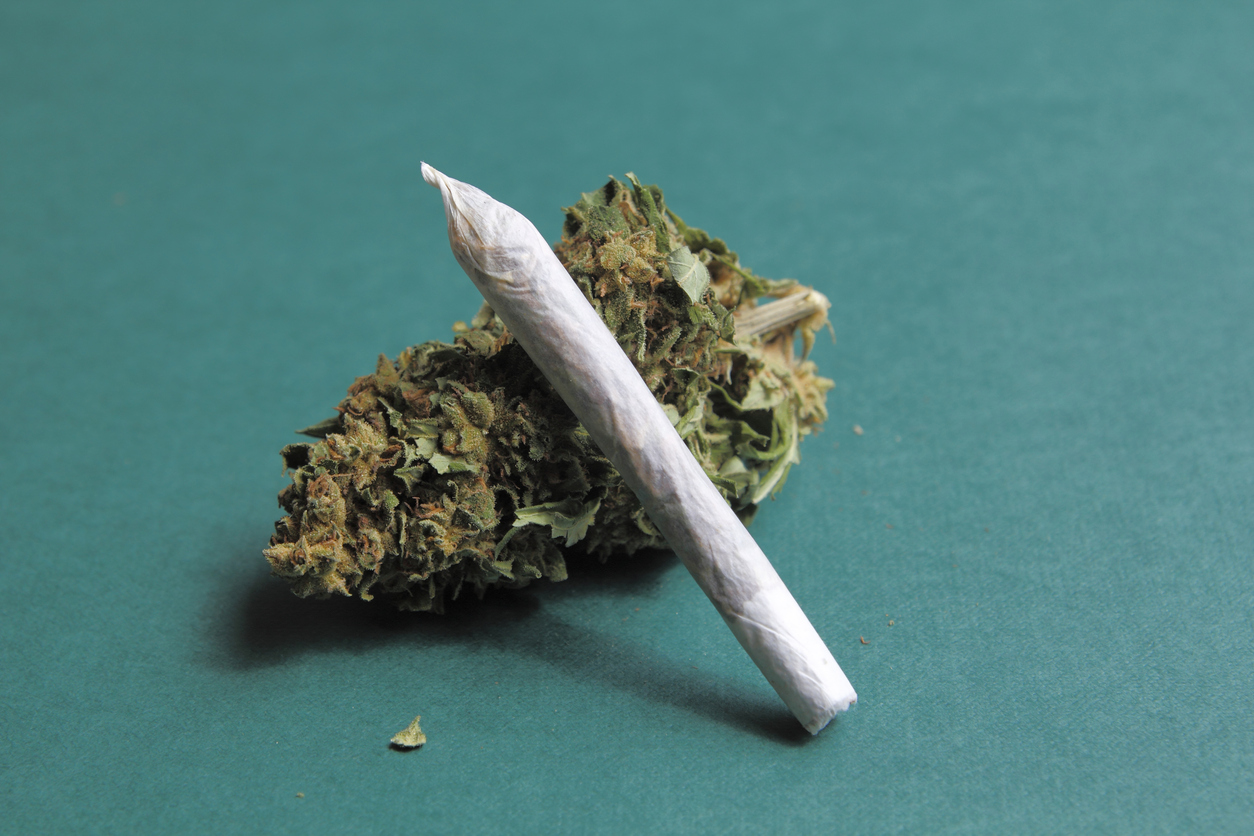
Note: If you think you are experiencing cannabis use disorder, the first step is to talk to your doctor or another medical professional. Groups like r/leaves are helpful support networks, but are not replacements or substitutes for medical care.
*Since Dave’s story involves addiction, and because he primarily helps people battle addiction under an online pseudonym, and because he doesn’t want people showing up at his door asking for help, he has asked that we not use his last name.
Follow Kieran Delamont on Twitter


